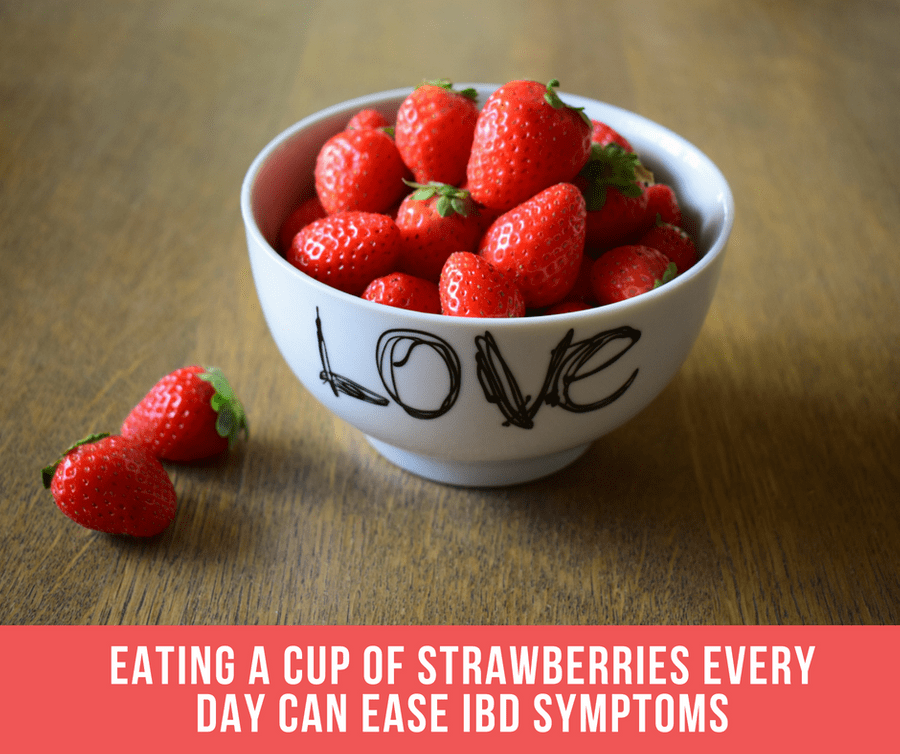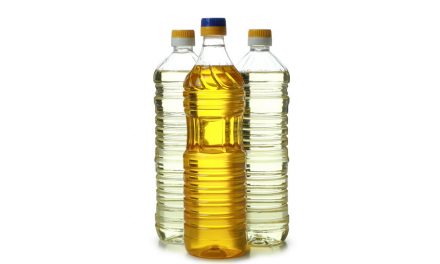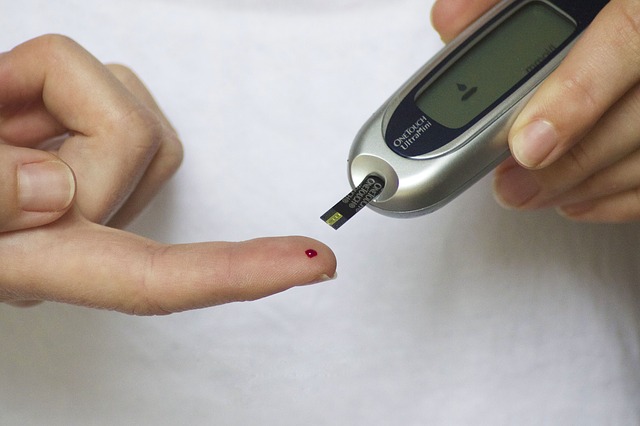Flax seeds have many heart healthy benefits and a double-blinded placebo-controlled randomised trial has found that those who ate ground flaxseeds every day dropped their systolic blood pressure about 10 points and their diastolic, the lower number, by several points. While this might not sound a lot, this drop in number can cut stroke risk by 46 per cent and heart disease by 29 per cent. This ten point drop in the top number is also believed to have a similar effect on heart attacks and strokes.
Flax seeds induce one of the most potent anti-hypertensive effects achieved by dietary intervention. The magnitude of this decrease in blood pressure is demonstrated by eating dietary flaxseed which has proven to be as good as or better than nutritional intervention and many drugs which can have numerous serious side effects. Flax has shown to drop systolic and diastolic blood pressure up to 15 and 7. In comparison, powerful ACE inhibitors like Vasotec only dropped the pressures by five and two, while calcium channel blockers like Norvasc and Cardizem dropped pressures by eight and three. There are often numerous side effects associated with these drugs too that can also include a large list of serious medical issues.
Throughout the six month trial both groups experienced heart attacks and strokes, however even if the flax seeds were to cut the risk in half, the avoidable risk is unacceptable. There is no indication that the prevalence of hypertension increases dramatically with age for everyone, although it does for some people. A good means of preventing the disease is to eat a more plant based diet and to keep salt intake low enough so that it doesn’t affect or change blood pressure too much with advancing age. It’s always better to prevent diseases in the first place where possible. Diet and lifestyle factors can play a big part in this process and this is why it’s important to try and stay as healthy as possible. This includes making healthy lifestyle choices, along with avoiding starchy carbs and processed foods. Choosing to add more flaxseeds into your diet is also highly recommended for best health in the long term.
Some good ways to get more flaxseeds into your diet include adding them to your cereal, porridge or even baking them into bread or cakes with a healthy wheat alternative such as Buckwheat flour. For best results, they should be soaked in water first as this makes them more digestible. Nuts and seeds contain enzyme inhibitors that can make them difficult to digest otherwise.
Anyone fed up of eating flax seeds on their own can also now enjoy them in a different way…in Really Healthy Pasta. This is pasta made from legumes – one of which is Buckwheat and Golden Flaxseed. This is also known as Linseed and is rich in Omega-3 fatty acids (alpha-linolenic acid), dietary fiber and lignans. Flaxseeds are also a rich source of Vitamin B1, Manganese, Magnesium and Phosphorus.






We use flax seed but how much do you recommend each day?
Very good. Around 2-4 tbsps daily for best health.